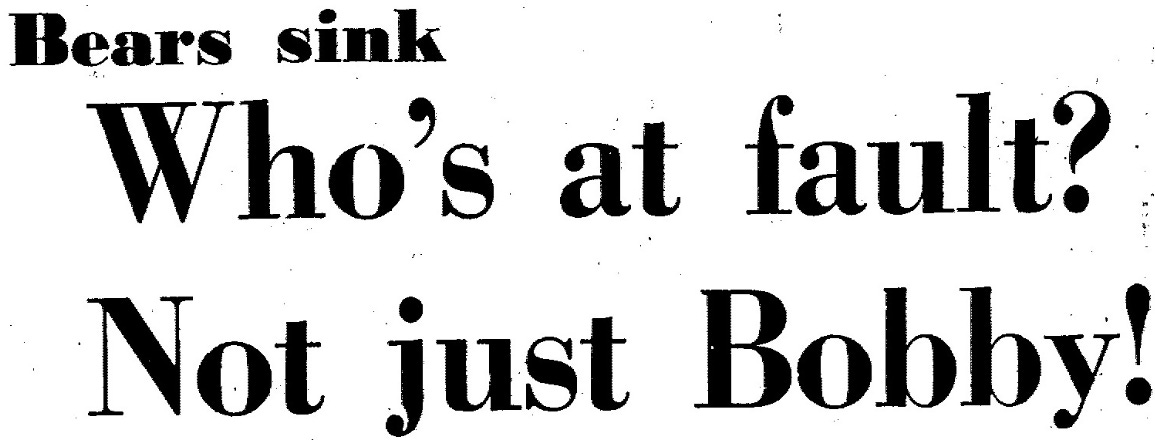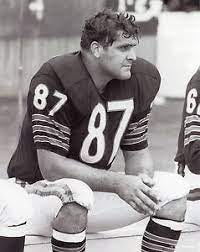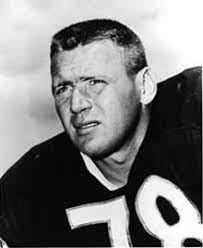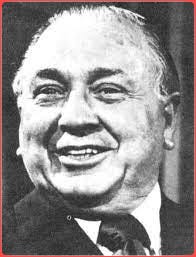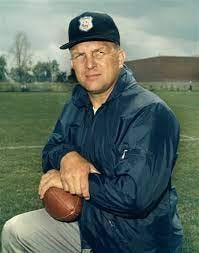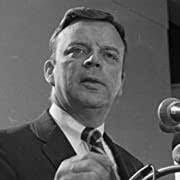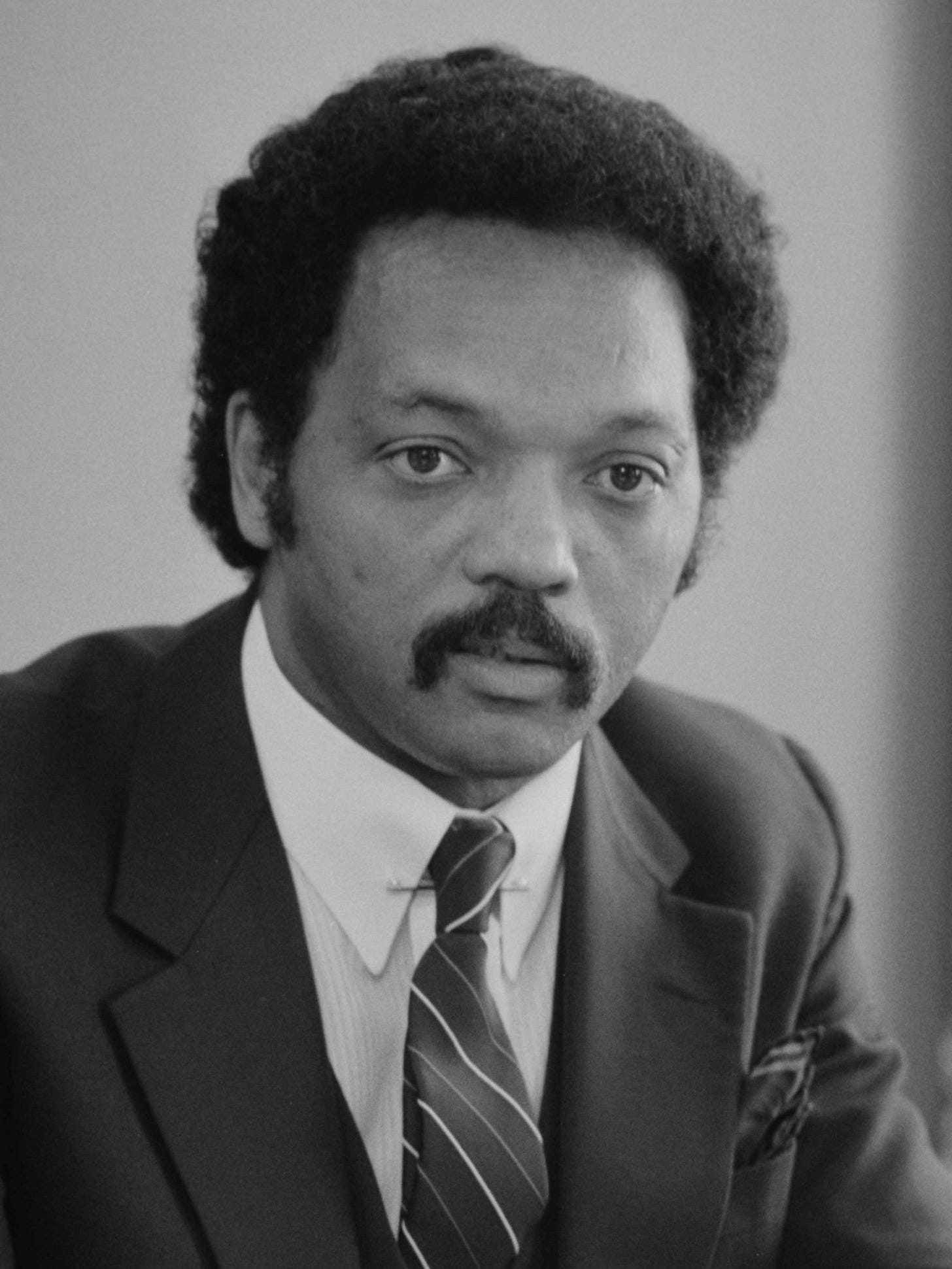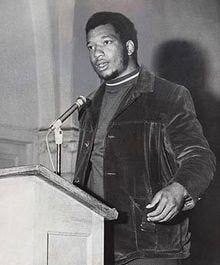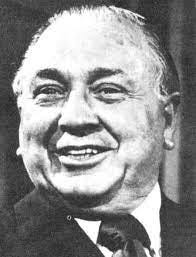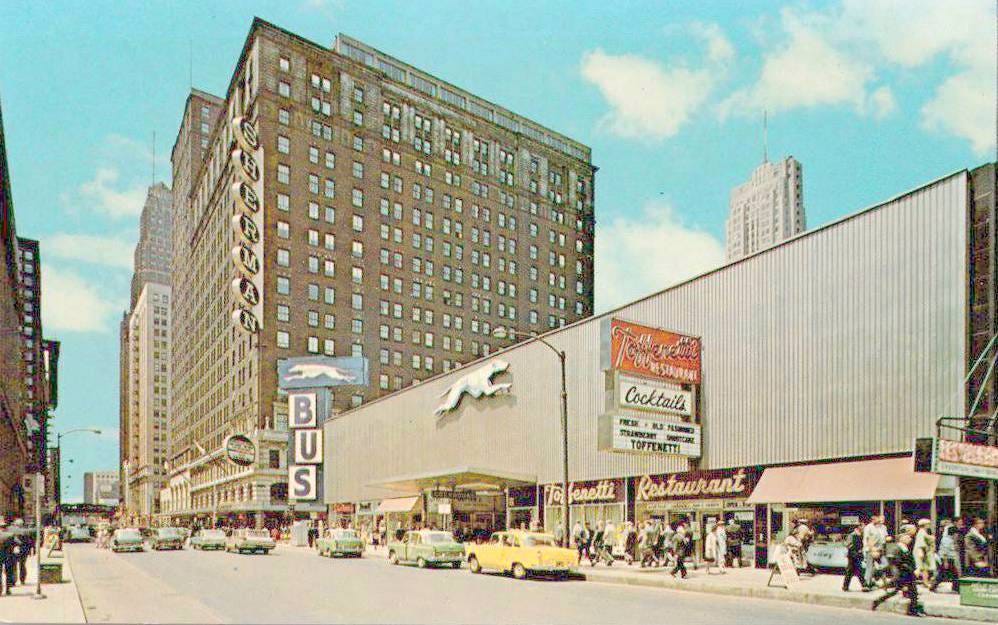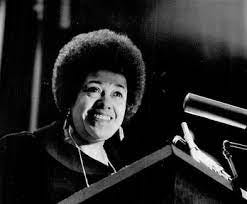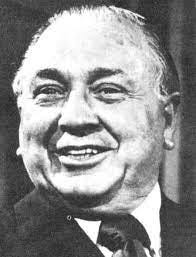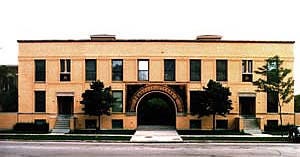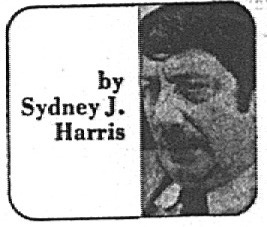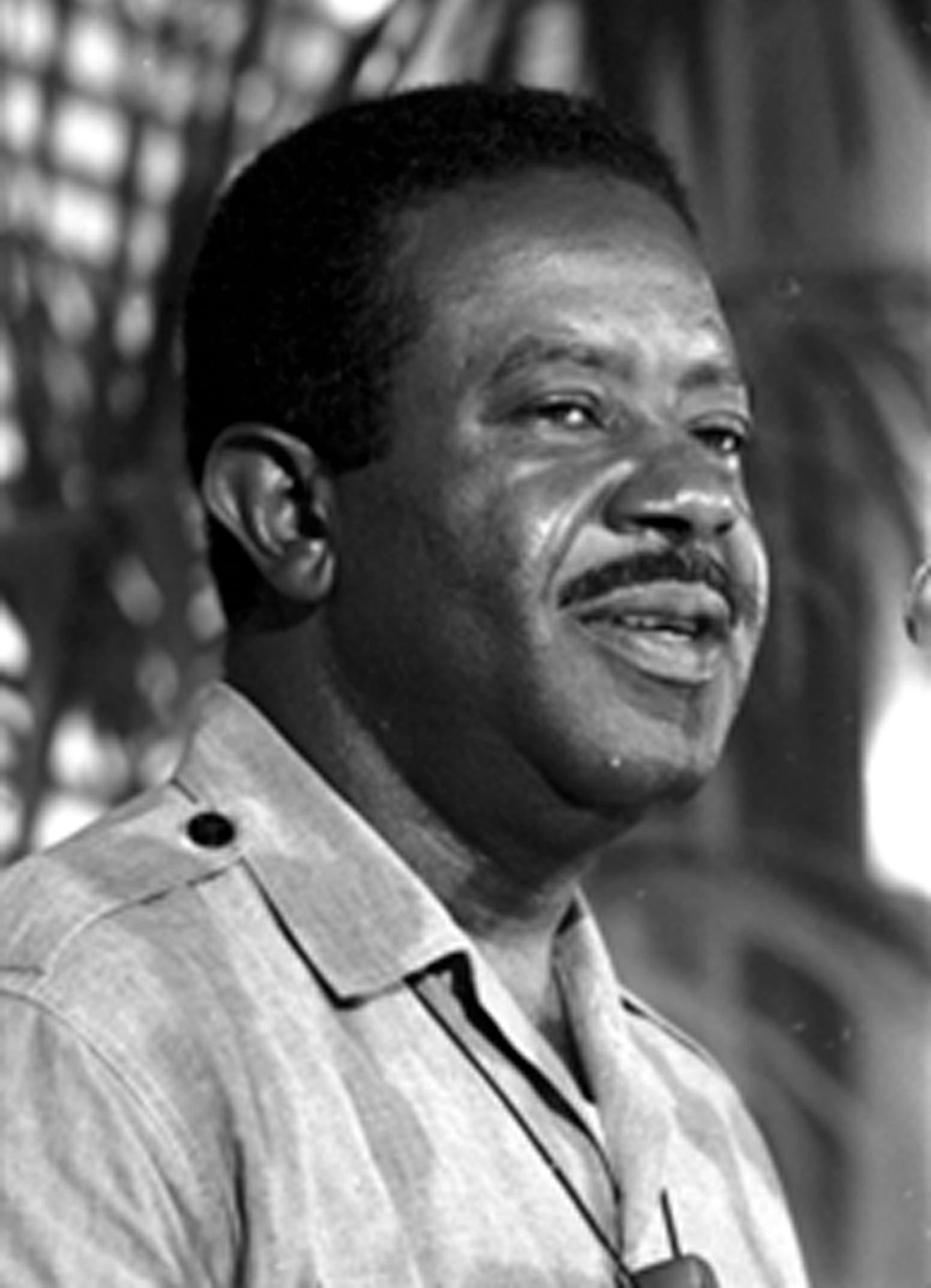To access all site contents, click HERE.
Why do we run this separate item peeking into newspapers from 1972? Because 1972 was part of the ancient times when everybody read a paper. Everybody, everybody, everybody. Even kids. So Steve Bertolucci, the 10-year-old hero of the novel serialized at this Substack, read the paper too—sometimes just to have something to do. These are some of the stories he read. If you’d like, keep up with the 1972 papers every day on Twitter, @RoselandChi1972.
December 6, 1971
Sun-Times: Bungler’s Bowl
By Jack Griffin
Daily News: Bears Sink Who’s at fault? Not just Bobby!
By Ray Sons
Tribune: Stagnant Bears Tumble 6-3
By Cooper Rollow
“The Chicago Bears, who once had come sprinkled in stardust, stunk up the house Sunday in a game that should have been called at halftime and the customers given their money back,” writes the Sun-Times’ Jack Griffin. Tell us what you really think, Jack!
“Bert Bell must have been fidgeting in his grave out of sheer boredom and outrage,” writes the Trib’s Rollow. The Broncos “yawned their way to a 6-3 victory” and in so doing, “drove the last, long, rusty nails into the Bears’ 1971 coffin.” It’s the third straight Bears defeat, leaving them 6 and 6.
Bottomline, “With Minnesota and Detroit losing, the Bears might have propelled themselves back into the playoff picture. Now they are 6-6 and out of it,” writes Sons.
Coach Jim Dooley says the problem isn’t just quarterback Bobby Douglas- “The inefficiency of offense is the work of 11 men.” But Sons says Dooley “might have added the coaching, too”.
Why didn’t Dooley send in Kent Nix for the second half, wonders Sons, when “Douglass had a net loss of 21 yards from passing.” Dooley says he wanted Bobby for “deep passes” because of the wind. Sons says the wind “was listed officially at five miles an hour at the start of the game”.
After Nix finally took over in the last quarter, why didn’t Douglass hold for place-kicker Mac Percival as usual? Punter Bobby Joe Green, who’d never done it before, “bobbled it.” So “The wobbly kick bounced off the goal post.” Dooley and special teams coach Abe Gibron point fingers at each other.
Denver set a new team record for themselves by sacking Douglass 9 times. Sons quotes Bronco players talking to each other: “Did you hear him? He was cursing his linemen and backs…He was calling his linemen chicken bleep for not blocking better.”
One Daily News picture is captioned, “Bobby takes a good chop in the Adam’s apple from Bronco’s Tom Domres”—but says you can’t blame Domres for Douglass overshooting his receivers twice, costing touchdowns both times.
The News: “The Bears’ offensive futility reached its nadir in the second period when they had the ball for 10 straight plays from the Denver 16 and closer—and could not score.” “Open?” said Dick Gordon. “Hell yeah I was open. I was getting away a sweet lot of the time.”
“This was the first time since 1933, when the Bears still played against people called the Cicero Boosters, that the proud Hessians of George Halas had failed to score a touchdown in three straight games,” says Sons.
“It may be a world’s record for most times hitting the goal post on field goal attempts, but nobody could find it in the book,” says Griffin.
You’d never know it from this lead article, but Dick Butkus ultimately lost the game by drawing a fourth-quarter penalty that advanced Denver to score its winning field goal. See “Defense voices its disgust” in the next TCD installment today.
Dooley is taking a lot of heat for this one. “The reports of this disaster carried all the way back to Chicago where George Halas lives,” writes Griffin.
December 6, 1971
Chicago Daily News: Defense voices its disgust
By Jack Schnedler
Internal discord on the Bears is so explosive after the 6-3 loss to Denver, the News runs a whole separate article on it. The Sun-Times describes the Bear dressing room as “stunned disbelief and sullen anger”.
After word got out that Minnesota and Detroit had lost their games, so a Bear win would have put them back in play-off contention, defensive coach Don Shinnick “slammed a towel angrily against a locker and yelled, ‘There, by God, goes $25,000 down the drain, right down the damn drain.’”
You could say—though no one wants to, much less me—that Dick Butkus ultimately lost the game with a last-minute penalty in the fourth quarter. Schnedler reluctantly admits the Butkus penalty “moved Denver close enough for its winning field goal.”
You’d never know that from today’s main Bears story, which doesn’t mention it—blaming everything on Bobby Douglass, Dooley and the entire offense. The Sun-Times doesn’t include the Butkus penalty. The Trib slips it in last without mentioning the winning field goal part.
And to be clear, with such a low score, you could lay the blame on almost anyone.
Schnedler says Butkus “was trying desperately to get” the ball back “one more time when he committed” a face-mask penalty. “Butkus was called for assaulting Clem Turner at the Chicago 35-yard line. The penalty got the ball close enough that Jim Turner was able to kick a field goal…with two minutes to play.”
“I was reaching to grab the ball,” Butkus told reporters later. “Maybe it wasn’t a good move, but I knew we had to get the ball back.” Butkus may have been trying to grab the ball, but what he actually grabbed was Bronco fullback Clem Turner’s face mask.
Turner says Butkus “got my face mask and wouldn’t let go. He was trying to punch me in the face. He said he was going to get me for a shot I gave him in our exhibition game. That was a real smart play on his part to give us the game.”
“Nobody asked Turner to repeat his allegations in Butkus’ presence,” writes Schnedler. The other Bears won’t comment. “Just go away,” says Ed O’Bradovich.
December 6, 1971
Sun-Times, Jack Griffin column: Tie with Dolphins got Broncos’ Saban fired
This column is actually about the future of Bears coach Dooley, and manages to bring in Mayor Daley. Jack Griffin chats with former Bear Stan Jones, who retired from the field and went directly to work coaching under Lou Saban for the Broncos, the team that beat the Bears Sunday 6-3.
Former football player Lou Saban became Broncos head coach in 1967 when Denver was a 7-year-old team without a single winning season. FYI, there’s one point involving a helicopter I could not independently verify, but we’ll take Stan Jones’ word for it.
Saban, 49, resigned as coach in November after losing to the Bengals, leaving the Broncos with a 2-6-1 record. He remained general manager. “It is my choice, and I feel at this time, my responsibility to step aside as head coach,” Saban told reporters. He also said he had “many reasons” for quitting. Those reasons, he said, “aren’t important anymore…I would like to keep my thoughts to myself.”
Now Jack Griffin chats with Stan Jones, who points out the Broncos tied the Dolphins 10-10 for the first game of the season. “Would you say they are a pretty good ball club, the Dolphins I mean,” Jones asks Griffin. The Dolphins are headed for the Super Bowl, so Griffin agrees.
“What would you take for a 10-10 tie?” asks Jones. Recall the Bears lost a humiliating game to the Dolphins on Monday Night Football last week, 34-3. “Well I figure in Chicago that would give a guy the right to run against Richard Daley in the local election,” says Griffin. “That’s not giving him a lot but it gets his name in the paper, and it keeps him from going to the electric chair.”
Griffin says if Chicago had played the Dolphins to a 10-10 tie, “we would have blown the air raid sirens,” alluding to Fire Commissioner Robert Quinn notoriously blowing the sirens after the Sox won the pennant in 1959.
Griffin guesses that when Lou Saban’s Broncos did that, “They deeded the town to Lou Saban.” “You want to bet the house on that?” says Stan Jones. “A guy hired the helicopter the next day, and he flew it all over town. And the streamer suggested Lou Saban should be fired.”
Griffin figures Broncos fan would have shot down that helicopter, but Stan Jones says, “No, they didn’t.” Saban is still on the payroll, says Jones, “But mostly, I think he is playing golf somewhere when the weather is nice.”
“Makes a fellow wonder how many Bear coaches like golf,” Griffin concludes.
December 7, 1971
Daily News: Hanrahan slated by Dems
Blacks to fight him, Jesse tells Daley
By Charles Nicodemus
This is a real political bomb.
Mayor Daley’s Democratic Committee has endorsed State’s Atty Hanrahan for re-election—even though he’s under federal indictment for obstructing justice in the investigation into the night time raid that killed Black Panther leaders Fred Hampton and Mark Clark. If you have any interest in this topic at all, you’ll also want to see the December 6-12 compilation of Mike Royko 50 Years Ago Today, the December 8 post.
The real Mayor Daley met with Rev. Jesse Jackson in the Sherman House before the slatemaking committee session. And you can just imagine how that went.
Jackson tells reporters afterward that he told Daley that if Hanrahan got slated, “he would devote his full time to heading a citizens committee that would work to defeat” him.
Jackson also offered Daley three Black attorneys to replace Hanrahan, none of whom Daley would ever possibly pick—one is Fred Hampton's attorney, and the other two represent seven Black Panthers who survived the raid. Maybe the point was Daley would never pick any Black lawyer for this.
Later: “Invading the slating procedures for the first time was a contingent from the Democratic Women’s Caucus, a new coalitionconsisting of regular Democrats and independents of several persuasions,” Nicodemus reports. They tell the slatemakers the party hasn’t given women fair representation “in party affairs and offices.”
“The first of the women, Mrs. Joan E. MacDonald, 26, an attractive, politically active teacher at Kenwood High School, was warmly and attentively received by the slatemakers. But as the procession continued, the male patience waned.”
December 7, 1971
Chicago Sun-Times: Fitz column:
By Tom Fitzpatrick
Film maker Mike Gray has produced “The Murder of Fred Hampton,” focused on the last year of Hampton’s life and the 1969 State’s Atty police raid that killed him and fellow Black Panther leader Mark Clark.
“It is a film that many people talk about but few have seen because no major U.S. distributor has the courage to touch it,” writes Fitzpatrick. Gray rented a suite at the Sherman House hotel, site of Mayor Daley’s Democratic Central Committee headquarters—
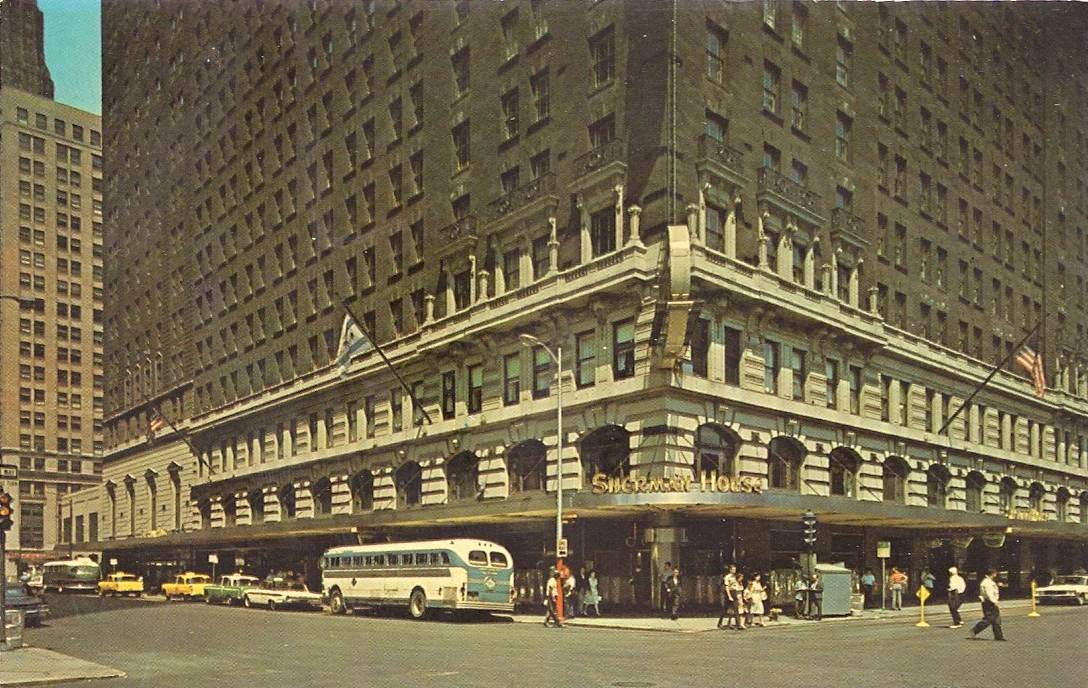
…where the party’s slatemakers are meeting to endorse candidates for the 1972 elections—including State’s Atty Edward Hanrahan, who’s under federal indictment for conspiracy to obstruct justice in the investigation of the Black Panther raid.
“Gray believes with all his heart that Hanrahan should not be reslated,” writes Fitzpatrick. “This is what Gray did. He rented a room in the Sherman House…and arranged to hold continuous screenings of the movie for all 50 slatemakers and anyone else who wanted to see it.”
Gray sent telegrams to Mayor Daley and Hanrahan, and printed up invitations for all 50 committee members. Gray stood outside the Emerald Room, where the committee would meet, to hand out the invites. One minute after he handed out the first one, the hotel security chief showed up.
The security chief told Gray he could be in the lobby, or the floor on which he’d rented a suite. So Gray moved to the lobby to hand out the invites.
“It was fascinating to watch the reactions of the slatemakers as they accepted the envelopes,” writes Fitzpatrick. “Without exception, they appeared anxious to flee the scene as far away from the man with the envelopes as possible.”
“Gray waited until 5 p.m. No slatemaker appeared to take advantage of the opportunity to see ‘The Murder of Fred Hampton.’”
“Gray packed his equipment and headed for home.
“On the elevator he met County Board President George W. Dunne…”
Dunne is a powerful member of the Central Committee, of course, and Mayor Daley crony.
“…and this is what happened next, as Gray recalled it:
“Dunne was fascinated by the movie equipment.
“‘What have you been doing?’ he said.
“‘Well,’ Gray answered, ‘as a matter of fact we’ve been showing a film called “The Murder of Fred Hampton.” I know you’re a busy man, Mr. Dunne, but I’d certainly like the opportunity to show it to you at any time and any place, at your convenience.’
“‘That’s very interesting,’ Dunne said.
“‘Well,’ Gray said, ‘when would be a convenient time and place for you?’
“Dunne shook his head from side to side.
“‘No,’ Dunne said, ‘I guess I really don’t want to see it. This thing…it’s been such a shame the whole thing ever happened.’
“Mike Gray got out of the elevator then and the hollow feeling of defeat that had been sitting in his stomach lifted. As he walked through the lobby, he realized he really hadn’t lost after all.”
December 7, 1971
Minority alderman fight in vain against sex bias
By Jay McMullen
Mayor Daley’s loyal opposition almost made some headway!
“Minority aldermen Tuesday seized temporary control of a City Council committee and almost forced passage of a tough new amendment banning sexual discrimination against women,” writes Jay McMullen, future husband of future Mayor Jane Byrne.
At a Judiciary Committee meeting, legendary independent Ald. Leon Despres (5th) sponsored an amendment to slap a $200 fine on anyone discriminating against women in housing, jobs or government services. That was considered a big deal.
Committee chair Ald. William Shannon (17th), a Daley loyalist of course, tried calling a recess so he could run out in the hallway and round up more administration aldermen to vote down the independents. He didn’t have the votes.
Committee meetings were notoriously low on attendance, BTW--aldermen have better things to do! I wonder if the independents had counted on having a majority simply because Daley administration aldermen would mostly blow off this meeting.
“’The chair rules that it has the power to call a recess anyway while the sergeant-at-arms rounds up committee members in the hallway,’ Shannon said. Ald. Anna Langford (16th) retorted: ‘Go round up some male chauvinist pig and bring him in here.’”
The independents started voting on the amendment anyway, so Shannon and the other Daley stalwarts left, which meant the committee no longer had a quorum and couldn’t vote.
December 7, 1971
Chicago Daily Defender: Jesse calls for release of report
A Commission of Inquiry into the Black Panthers and Law Enforcement was set up in 1969 to investigate the State’s Atty police raid that killed Black Panther leaders Fred Hampton and Mark Clark.
The Rev. Jesse Jackson asked the commission’s executive director, attorney Herbert O. Reid, to present findings to an Operation Breadbasket meeting last Saturday—though Jackson is currently on 60-day leave as Breadbasket’s director while the SCLC investigates whether he set up a nonprofit foundation and corporation for Black Expo 1971.
Hampton’s and Clark’s families and about 3,000 people attended the meeting. Reid told the audience that investigation concludes “that the deaths of Fred Hampton and Mark Clark were slaughter or summary execution.”
Jackson sent a telegram to Roy Wilkins, chairman of the Commission, asking for immediate release of the full report.
SPECIAL EDITION: DICK ALLEN WATCH
December 8, 1971
Chicago Daily Defender: Good Morning, Sports!: Man hunt
By A.S. “Doc” Young
“America last week was the scene of the greatest man hunt since the FBI was chasing James Earl Ray. This time, though, no criminal was involved. The object of the hunt this time was Richie Allen, the superstar ballplayer Los Angeles traded to Chicago. The sleuths were sportswriters and sportscasters.”
Doc Young calls Richie’s number—nothing. He calls some Dodger players—they haven’t seen Richie for weeks. Somebody says the Bay Meadows race track, but a man at the track says no—Richie’s horse is there, but no Richie.
Doc calls the Dodgers and gets Richie’s mother’s number in Wampum, Pennsylvania. She’s getting a lot of calls. “Some of the callers kept me awake last night,” she says. “Why are they so anxious to talk to Richie?”
“Your son is a superstar, Mrs. Allen, you know that,” Doc tells her. “He’s been traded and it’s a big story.” “Mrs. Allen chuckled behind my praise of Richie. But she did not pretend to be happy about the trade…But she took refuge in this fact:
“He’s a born ball player. They can’t take that away from him. They can trade him to Italy and he’ll still be a great ball player.”
Special Edition: Dick Allen Watch
December 8, 1971
Tribune: In the Wake of the News
By Dave Condon
“Things are beginning to hum around White Sox Park, which soon again may be the baseball palace of the world, and there’s not a happier man in the world of sport than Stu Holcomb, the man mainly responsible for all of this.”
“Yes, it seems certain that the great South Side will rise again; perhaps to once again bask in the glory that was The Old Roman’s…Over at Schaller’s Pump, where the regulars celebrate White Sox pennants and Dick Daley’s elections, they’re planning to add another gourmet chef to the kitchen staff.”
“The White Sox trading coup, which generated all the current excitement, was the landing of Richie Allen, one of the game’s dangerous hitters and one of the few $100,000 players.”
“What about the effect of Allen’s princely salary on the other Sox players? Holcomb: ‘You pay top dollar for the top athlete. In pro football the quarterback gets lots of money because you can’t win without him. Our players know that Allen will make us a winner.”
December 9, 1971
Chicago Daily News: Jesse didn’t form Expo firms: aide
By Betty Washington
Last week, the SCLC suspended Rev. Jesse Jackson from his job as director of Operation Breadbasket for 60 days with pay after discovering two nonprofit corporations were set up to run Black Expo, without SCLC’s knowledge.
Today, Black Expo treasurer and SCLC Chicago Chapter board member Al Johnson of Al Johnson Cadillac issued a board statement that “an informal association of black businessmen and women” set up the corporations, not Jackson.
At a press conference, Johnson said the corporations were set up “because business executives who backed Black Expo needed assurances that they would be protected because several were called upon to sign contracts.”
Reporters asked the Black Expo general counsel if “there were any reason to believe that Black Expo funds had been misappropriated. He replied, ‘We have never harbored any such notion.”
December 9, 1971
Sun-Times: Call 23 policemen in shakedowns
By Art Petacque
Remember Mayor Daley’s no good very bad day on Nov 2, when he had to answer press questions on both a highly critical study of the Fire Dept AND a Justice Dept investigation of Chicago police complete with a grand jury? (For the full post, see November 2, 1971 in This Crazy Day weekly compilation HERE.)
The Sun-Times reports the Justice Dept asked Police Supt. James B. Conlisk to send 23 cops to appear before the grand jury, tantamount to a subpoena. Most of the cops are from the Austin district, where there are 500 taverns.
The Sun-Times reported on Nov 21 that the FBI investigated tavern shake-downs for a full year. Earlier, a different group of cops had to testify about payoffs from a South Side crime syndicate gambling network. That’s about 70 cops in all so far.
The monthly tavern pay-offs in Austin “assure immunity from arrests for liquor license violations. So widespread was the pattern of tavern payoffs that participating tavern keepers were known in Austin police circles as members of ‘The 100 Club.’”
Not surprisingly, ”sources close to Conlisk reported “an imminent shake-up of some top-ranking personnel in the police department.”
December 9, 1971
Chicago Daily News: For 8 years Racing records vanish!
By Edmund J. Rooney and Phillip J. O’Connor
“Virtually all Illinois Racing Board records are missing for the years Otto Kerner was governor, The Daily News learned Thursday.” The News, being an afternoon paper, can report same-day stories.
Recall that Kerner resigned the governorship to become a federal judge in 1968. The papers have reported the Justice Dept is getting ready to indict Kerner and three former state officials for shady dealings with race tracks and race track stock during his time in office. See TCD on November 21 when the papers reported Kerner’s indictment for more background.
“’It looks like somebody pretty well cleaned out all of the records for the Kerner years,’ a federal investigator told The Daily News.” The records were kept in the basement of the State of Illinois Building at 160 N. La Salle.
A federal grand jury. Is trying “to determine how special stock deals for various politicians influenced the award of racing dates.”
“The missing records contained transcripts of direct give-and-take between board members and testimony before the board by those seeking racing dates.”
December 9, 1971
Sun-Times: NEISTEIN INDICTED
Daily News: Records loss handicaps Neistein prosecution
29th ward boss Bernie Neistein, aka State Sen. Bernard S. Neistein (D-Chicago), is indicted in the ongoing shady racetrack stock scandal, along with former State Sen. Everett R. Peters (R-St Joseph)—for official misconduct and violating the IL Governmental Ethics Act.
These two definitely own the shady racetrack stock, and failed to disclose it under the Illinois Ethics Act requiring disclosure of stock over $5,000 in annual conflict-of-interest statements. The misconduct charge could throw them out of office.
The Daily News takes credit for bringing the possible violations to the attention of the Sangamon County State’s Attorney. But the disappearance of all Racing Board records from the Otto Kerner years, reported in a separate front page story, will complicate things.
“Neistein has announced he is not seeking re-election. Elected from a Black West Side district although he lives in a luxury high rise on N. Lake Shore Drive, Neistein was accused of secreting his 1,557 shares of stock in the Fox Valley Trotting Assn., which he holds in his wife’s maiden name, Alice Bernstein.”
The Sun-Times says Neistein lives in the “posh Carlyle apartment building at 1040 N. Lake Shore Drive, which is about ten miles from his district.” Highrises.com says The Carlyle was built in 1967 and averages $705/square foot. Starting prices for units is “typically 1M+”.
Neistein says the stock is worth maybe $4,800 and he considered it a “risky nebulous investment.” The News says it should be more like $20,000.
Read Ron Grossman's as-always fabulous profile of Bernie Neistein from April 13, 1999. Neistein’s Russian-Jewish father ran a tailor shop at Jackson and Pulaski, where young Neistein worked. The aspiring lawyer couldn't work for top law firms since he was Jewish. He went to work for the Machine.
Mayor Daley would ask Neistein to play his violin on election nights. You know he was the consummate politician, since the Jewish Neistein was also a Knight of Columbus.
December 9, 1971
Daily News: W. Siders out to save rare Wright building
By Dennis Byrne
A rare Frank Lloyd Wright low-income apartment building at 237 N. Francisco “located in the heart of the deteriorating West Side ghetto, has fallen on hard times.”
The building was converted to co-ops in 1930 but is in danger of condemnation. Half of the 46 units are empty, six are gutted by fires. But it has good bones, of course. Wright designed it to improve living conditions for the poor—light from the courtyard, separate entrances for each unit.
Residents are being helped by the East Garfield Neighborhood Legal Service. They must present a renovation plan in Housing Court on March 7, and board up vacant apartments. Architects say it could cost up to $15k per unit. Brown will look at getting federal historical designation, to make it eligible for state aid.
But this is what 237 N. Francisco looks like today.
From the Frank Lloyd Wright Trust website: "Stair towers at each corner of the building provided access to its second story and, from this level, a wooden balcony afforded views onto the natural enclosure at the building’s center.” Pictures from usmodernist.org.
Wright Trust: "A dramatic ornamental arch framed the building’s entrance. It was salvaged when the building was demolished in 1974, and subsequently reinstalled in an apartment complex in Oak Park.”
See The Wright Library here for more description and all the cool blueprints.
December 10, 1971
Daily News, Sydney J Harris column, Strictly Personal
The Great Miss-Mrs.-Ms.-mash
A reader has asked Sydney J. Harris to weigh in on the new-fangled idea that women should not be identified by their marital status.
Harris notes that “Rep. Jonathan Bingham of New York…has introduced a bill in Congress requiring that women be not required to disclose their marital state when voting, unless the same disclosure is required of men.”
“I think they have a point there,” writes Harris. “Actually, most women may be surprised to learn that the distinction between ‘Miss’ and ‘Mrs.’ is a relatively recent one.” It’s only been done for a couple hundred years, he says.
“In Shakespeare’s day, ‘Mistress’ was used for both married and unmarried women,” and later, “’Mistress’ took a pejorative turn and came to mean an illicit lover, which it still does.”
“Since a living language keeps changing its forms to accord with changing customs, it seems eminently sensible to me that the emancipation of women be accompanied by the new covering form ‘Ms.’ for all.”
December 11-12, 1971
Daily News, Lu Palmer column: The plight of the young in prison
Trailblazing African-American columnist Lu Palmer today writes that the recent Attica prison riot has everybody talking about prison reform, but you need to start with the juvenile system.
“But if Illinois is an indicator of state government’s attitude toward youthful delinquents…much of the hostility boiling inside adult criminals began simmering in reform schools.”
A federal judge recently called the Illinois Industrial School for Boys in Sheridan, IL “inhumane, barbaric, and antiquated,” writes Palmer. The cells are 6x9 and youths are sometimes kept inside “for incredible lengths of solitary confinement.”
And then there’s the issue of urban youth including Blacks being sent to rural white areas for incarceration. There’s a pending lawsuit asking for hearings every six months to determine if a youth should be returned to their community.
“These suits have all been filed by two attorneys from the Juvenile Legal Aid Bureau in Chicago—Patrick T. Murphy and Lewis A. Wenzell. During one hearing, Murphy, in an impassioned plea, had this to say.
“I propose that the court rent Brookfield Zoo or Lincoln Park zoo and put the kids at Sheridan in cages where the lions used to be. If a guard at the zoo harms an animal he will be fired. If an animal is placed in solitary confinement, the public will protest. Then, too, hundreds of thousands of people go out to the zoos and see what’s going on. This is not the case at Sheridan.”
December 11, 1971
Chicago Daily Defender: Finances of Expo explained
By Faith C. Christmas
Today’s Defender is nearly all Jesse Jackson, between leading the Black opposition to the Democratic party re-slating of Ed Hanrahan for State’s Attorney and Jackson’s recent 60-day suspension by SCLC’s Ralph Abernathy for “repeated acts of violation of organizational policies”. There’s a main article, an editorial, and two letters to the editor. First, the main article by Faith C. Christmas.
The Black Expo executive board released a financial report of the three annual Black Expos and “charged that the Rev. Jesse L. Jackson has been unduly blamed for establishing the separate corporation, which is the center of a dispute in the Southern Christian Leadership Conference.”
Treasurer Al Johnson told reporters at a press conference that the boards set up the corporation “to provide legal protection against ‘personal and individual liability for contractual and tax obligations.” Johnson detailed where the profits for Expo went—to SCLC national HQ and Operation Breadbasket.
An SCLC spokesman says there are no accusations of fiscal dishonesty involved, and no investigation along those lines.
Christmas ends with: “Reports also indicate that black leaders from across the nation are petitioning Mr. Jackson to pull away from SCLC and organize another civil rights group, because of the periodic controversies and reported feuds between him and the Rev. Ralph D. Abernathy, SCLC president.”
December 11, 1971
Chicago Defender Editorial: The Hanrahan Slating
“No political decision by the high command of the Democratic party in our memory has stirred more bitterness and resentment in the black community than the reslating of Hanrahan,” writes the Defender in an editorial today.
Hanrahan is “a state’s attorney, elected to uphold law and order, yet, who is under criminal indictment for conspiracy to obstruct justice in the wanton killing of two Black Panther leaders who committed no crime, no overt acts of any kind.”
Plus, the Dems didn’t slate any black candidates for any major post.
“Words and name-calling will not do the job. This fight must be taken to the precincts. Young and old who have not registered must be registered. We must organize ourselves to make our black power felt, make the march that counts—the march to the ballot box.”
The Defender says it joins several major organizations along with black clergymen “headed by the Rev. Jesse Jackson” against Hanrahan. “The political dynamics that caused the Democratic Party bosses to reslate him are beyond absolution.”
December 11, 1971
Chicago Defender: Letters to the Editor
In the continuing Jesse Jackson coverage today, the Defender runs two letters to the editor. The Operation Breadbasket Northern Communities Division Steering Committee writes a strong official letter supporting Jackson, but it’s reader Barbara Justin who really gets your attention:
“Dear Editor: Just what do people expect from this man?...I’ve lived in this city for my full 38 years. I’ve never been able to understand the political process until I started attending Saturday morning Breadbasket meetings along with my whole family. People, wake up! He is trying to tell you something. Slating Hanrahan after what happened on Monroe St. is the last straw. To paraphrase Lu Palmer, ‘It’s enough to make a Negro turn black.’ The Rev. Ralph Abernathy, with his petty jealousies, really played into the politicians’ hands.—Barbara Justin”
December 12, 1971
Tribune: Jackson and Aides in Breadbasket Resign from SCLC, Plan Own Group
By Angela Parker
Younger readers may not realize what a force Rev. Jesse Jackson was in Chicago for decades. This gets a giant headline on the Tribune’s front page—and in the Daily News. I didn’t see the Sun-Times or Chicago Today, but they probably headlined this story too.
“In an emotion-charged statement to more than 3,000 of his supporters, the Rev. Jesse L. Jackson announced his resignation yesterday as national director of Operation Breadbasket,” writes Parker.
Jackson was appointed to direct Breadbasket, SCLC’s Chicago economic arm, by Dr. Martin Luther King in 1966. But relations with King’s successor leading SCLC, Rev. Ralph Abernathy have been strained.
“With tears in his eyes, the Rev. Mr. Jackson told a stunned audience at the regular Saturday morning meeting of Breadbasket…that he has sent a telegram to the Southern Christian Leadership Council.”
Jackson said he’ll start his own group, but he didn’t know when or where. “Within minutes of the announcement all members of the board of directors and officers of the Chicago chapter of the SCLC issued a statement” resigning too.
Parker writes that this caps “a long period of internal disputes between the young minister and the Rev. Ralph David Abernathy, president of the SCLC, which began shortly after the death of Dr. Martin Luther King Jr.”
“The Rev. Mr. Jackson built his own power base in Chicago under the Breadbasket banner and further irritated SCLC leaders in Atlanta by taking what they considered to be too many independent actions.”
Background: SCLC suspended Jackson for 60 days with pay on Dec 3 for “repeated acts of violation of organizational policies”. Specifically, Jackson’s Breadbasket sponsored three annual Black Expos for black businesses. Two nonprofit corporations were formed to run Black Expo, and SCLC says it didn’t know or approve.
The Black Expo board, a group of black businessmen who ran it, already announced they formed the corporations to protect themselves from liability, and Jackson “did not cause or direct” them. SCLC has said there’s no charge of financial dishonesty.
At Saturday’s meeting, Jackson says the 60-day suspension is “too long for this vital work to be endangered” but insisted “he holds no ill will toward Dr. Abernathy.”
“When the Rev. Mr. Jackson had finished his statement before the Breadbasket audience yesterday, many persons were crying openly. They stood and gave him a 15-minute ovation.”
Do you dig spending some time in 1972? If you came to THIS CRAZY DAY IN 1972 from social media, you may not know it’s part of the book being serialized here, one chapter per month: “Roseland, Chicago: 1972.” It’s the story of Steve Bertolucci, 10-year-old Roselander in 1972, and what becomes of him. Check it out here.







